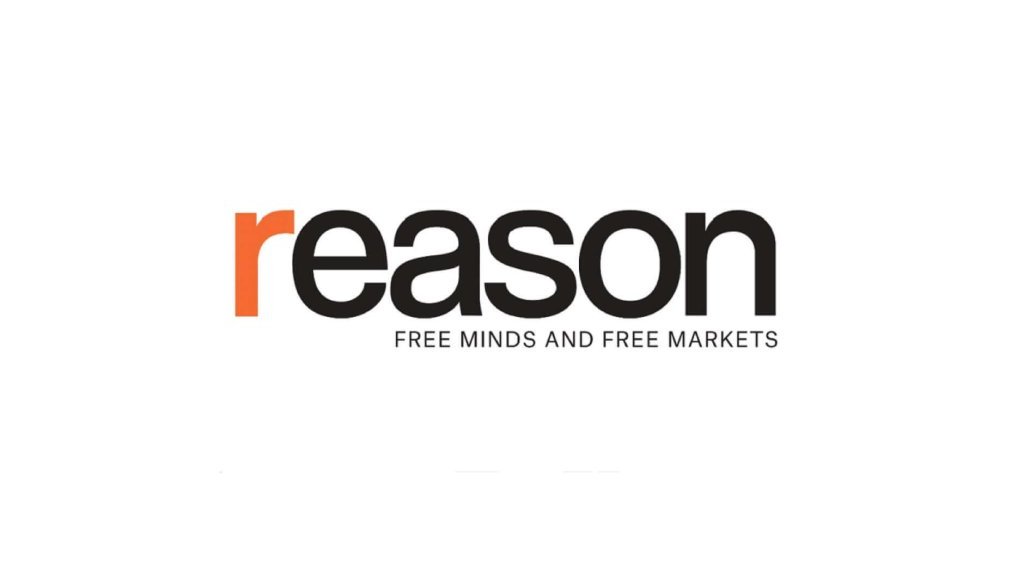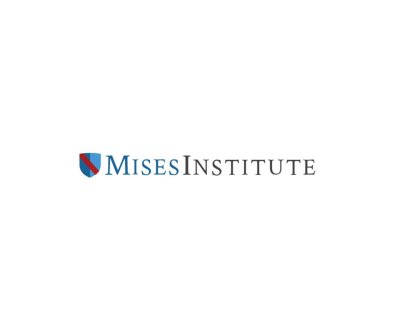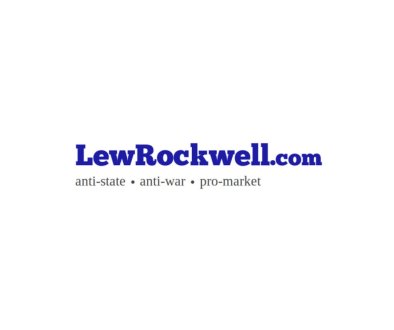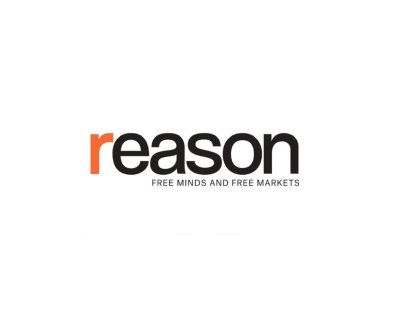Sleepwalking Into a Cashless Society
Philip Lane, chief economist of the European Central Bank, recently expressed urgency for the need to develop a digital euro—also known as a central bank digital currency (CBDC)—to compete against stablecoins such as Tether and electronic payment systems developed by U.S. tech firms, such as Google Pay and Apple Pay. Not content with eliminating cash, now the goal of central banks is to eliminate any competing electronic payment system.
We’re sleepwalking into a world with digital currencies without any government coercion whatsoever. As a 51-year-old Generation Xer, I carry lots of cash in my wallet. I teach personal finance at the local university and recently asked a class of about 30 students if any of them had any cash. Not one of them had a single bill or coin on them. They use debit cards, credit cards, Venmo, and Apple Pay. As it turns out, cash usage among the 18–24 age cohort has declined from 28 percent to 13 percent over the last five years. Most like the convenience of electronic payments, even though studies show that people spend 12 percent to 18 percent more when using credit cards than cash. If the government does attempt to implement a digital dollar, there will be little resistance to it.
Currently, there is $2.36 trillion in U.S. currency in circulation. Of course, much of this is held outside our borders, owing to the dollar’s dominance as the global reserve currency. The most common denomination of U.S. currency is the $100 bill. There are more $100 bills in circulation than $
Article from Reason.com

The Reason Magazine website is a go-to destination for libertarians seeking cogent analysis, investigative reporting, and thought-provoking commentary. Championing the principles of individual freedom, limited government, and free markets, the site offers a diverse range of articles, videos, and podcasts that challenge conventional wisdom and advocate for libertarian solutions. Whether you’re interested in politics, culture, or technology, Reason provides a unique lens that prioritizes liberty and rational discourse. It’s an essential resource for those who value critical thinking and nuanced debate in the pursuit of a freer society.




